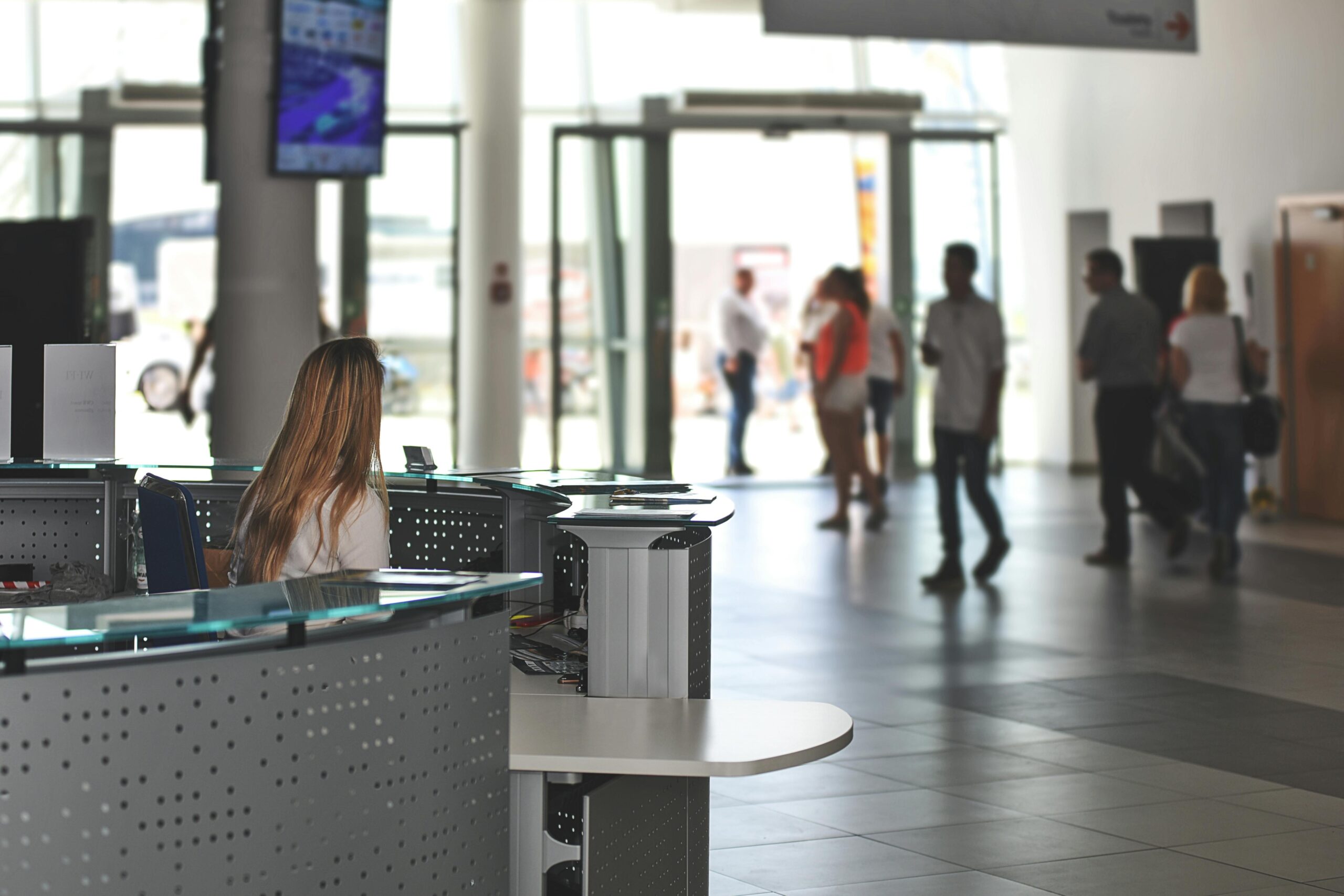The gentle pitter-patter of rain against the window had always been a comforting sound for Sarah. However, this tranquility was shattered one stormy night when she woke up to the unexpected and unwelcome sound of water gushing in her basement. Frantic, she immediately reached out to a local water restoration company. The prompt and transparent communication she received not only guided her through the crisis but also instilled a deep sense of trust in the service provided. This experience underscores a crucial aspect often overlooked in emergency services like water restoration: the power of clear communication in building trust.
The Impact of Communication in Crisis Management
In the world of water restoration, effective communication is not just a courtesy; it’s a cornerstone of trust and efficiency. A study by the Institute of Inspection Cleaning and Restoration Certification (IICRC) highlights that 78% of customers value clear communication as the most critical factor in their satisfaction during restoration projects. This statistic reveals the high expectations customers have regarding the flow of information in times of distress.
Recommendation: How Investing in Technology Can Boost Your Water Mitigation Profits
Transparency: The Key to Customer Confidence
When disaster strikes, homeowners, like Sarah, often feel vulnerable and anxious. Providing clear, honest, and timely updates can significantly alleviate these feelings. A survey conducted by the Restoration Industry Association (RIA) found that customers who received regular updates about the progress and expected outcomes of their restoration projects reported a 40% higher satisfaction rate compared to those who did not.
Educating the Customer: A Pathway to Empowerment
The restoration process is complex and often unfamiliar to most property owners. By educating them about each step, professionals can demystify the process. The American Restoration Association (ARA) reports that informed customers are 30% more likely to express confidence in the restoration team’s abilities, reducing the stress and uncertainty typically associated with water damage repairs.
Responsiveness: A Measure of Reliability
In urgent situations, responsiveness is crucial. The National Institute of Building Sciences found that companies that responded to customer inquiries within an hour had a 50% higher trust rating than those that took longer. This prompt response time not only addresses immediate concerns but also establishes a reputation for reliability.
Harnessing Technology for Enhanced Communication
Advancements in technology have transformed how restoration companies communicate with clients. Digital platforms enable real-time updates, photos, and reports, making the process transparent and interactive. According to a study by the Technology Services Industry Association (TSIA), the use of technology in client communication has led to a 35% improvement in customer trust and satisfaction levels.
Recommendation: How Analytics Can Boost Your Water Mitigation Business
The Long-Term Benefits of Effective Communication
The benefits of clear communication extend beyond the immediate crisis. A survey by the Global Restoration Network (GRN) indicated that 80% of customers who rated the communication as excellent were likely to recommend the service to others, highlighting the role of effective communication in building a positive long-term reputation.
Conclusion
In conclusion, the water restoration industry exemplifies the critical importance of clear communication in building trust. From providing comfort and clarity in times of distress to educating and empowering customers, effective communication is a powerful tool that fosters long-lasting relationships and a strong business reputation. As Sarah’s experience illustrates, when companies prioritize open and honest dialogue, they not only solve immediate problems but also create a foundation of trust that endures long after the waters have receded.



